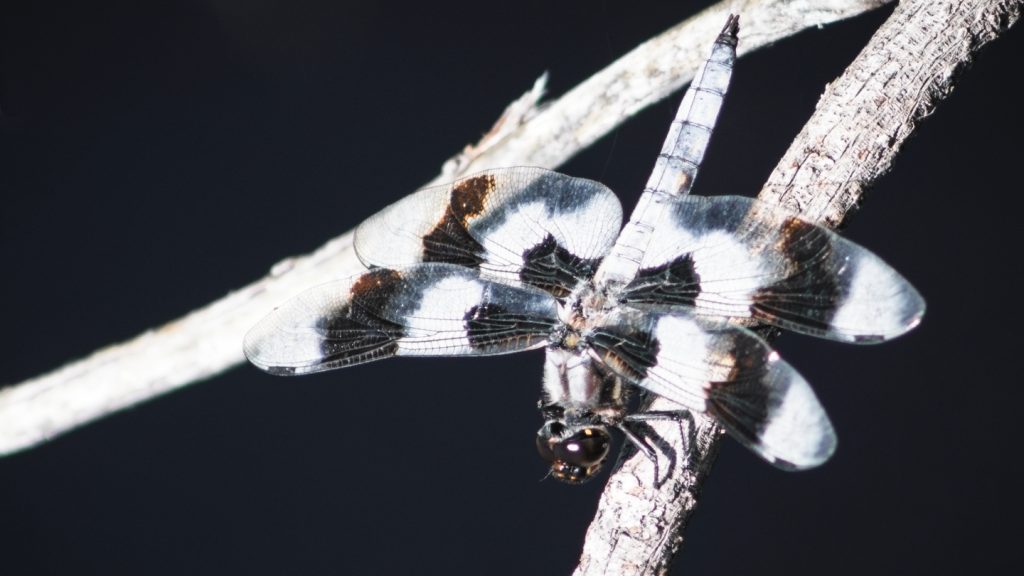Some male dragonflies have a unique wax coating that helps them stay cool while pursuing mates, and recent research suggests that this wax may also help them adapt to a warming climate. The wax-coated dragonflies are faring better in hotter and drier conditions compared to their waxless counterparts. This protective wax acts as a buffer against climate change, giving the dragonflies an ecological advantage by allowing them to use a wider range of habitats. This discovery has been compared to an “ecological superpower” for the dragonflies.
The wax that some dragonfly species produce is a combination of hydrocarbons that form a UV-reflective layer over their exoskeleton. This thick, waxy layer helps shield the dragonflies from water loss and overheating, which can be beneficial in hot, arid environments. Male dragonflies, especially those that use a “percher” mating strategy, are more likely to have this protective wax. Percher males are often exposed to heat and desiccation around sunlit ponds where they defend their mating territory and pursue females. The wax is believed to be an adaptation for dealing with the harsh conditions experienced during mating.
Research has shown that male dragonflies with the protective wax are more likely to be found in warmer and drier regions. In areas that have rapidly warmed and dried since the 1980s, waxless dragonflies are more likely to disappear compared to their wax-coated counterparts. This suggests that the wax provides the dragonflies with resilience against the effects of climate change. The findings challenge the idea that environmental factors limit the evolution of mating traits, showing that in the case of dragonflies, the protective wax has allowed them to access habitats that would otherwise be inaccessible.
The research team also explored whether other insects have sexual adaptations that could help them cope with climate change. For example, male cicadas have the ability to heat up significantly higher than their surroundings when singing. This suggests that other insects may have unique biological mechanisms for surviving and reproducing in changing climates. The study emphasizes the importance of considering mating behaviors and adaptations when forecasting how species will fare in a warming world. By understanding these relationships, we can gain insights into how different species may be able to adapt to changing environmental conditions in the future.


